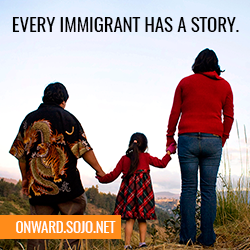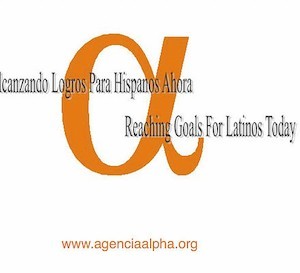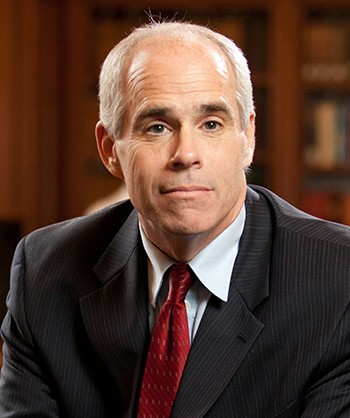Newsletter
Spirituality and Integration Work: Welcoming the Alien 7.6
Westy Egmont, Director IIL
Research
Roe, E. P., & Bushnell, J. (2018). Refugee empowerment and faith communities: A qualitative study. Social Work and Christianity, 45(3), 35-54.
During the resettlement process, many refugees interact with faith-based organizations. This study consists of 26 qualitative interviews with former refugees, as well as people who work with refugees, to examine their conceptions about these faith-based organizations during resettlement. Results indicated that, by and large, refugees perceive the church as a largely benevolent entity that can offer supportive and long-lasting relationships. Still, several refugees expressed frustration with the church’s efforts to proselytize, and many found this aspect manipulative. Results also indicated a perceived power imbalance between refugees and church members. Based on the findings of this study, social workers assisting refugees within a faith-based organization should work to minimize the power dynamic over refugees, especially as it related to proselytization.
Trinidad, A. M. O., Soneoulay-Gillespie, T., Birkel, R. C., & Brennan, E. M. (2018). Parish collaboration and partnership in welcoming refugees: A case study. Social Work and Christianity, 45(3), 73-92.
Many faith-based organizations do considerable work with parishes when engaging in refugee resettlement. This qualitative case study examines this commonly-found relationship between faith-based organizations and parishes. Perhaps the most critical finding was the central importance of establishing strong partnership agreements with clear structure and goals. Additionally, findings emphasized the importance of relationship building and communication between both entities. This case study highlights how faith-based social service organizations and parishes can work together effectively if certain conditions are met. Ultimately, this successful partnership can more effectively help refugees than either organization could working in isolation.
Kim, S., & Kim-Godwin, Y. (2019). Cultural Context of Family Religiosity/Spirituality among Korean-American Elderly Families. Journal Of Cross-Cultural Gerontology, 34(1), 51-65.
Despite participation in many mainstream religions in the United States, Korean-Americans often rely on Korean cultural beliefs to guide them. This qualitative study of fifty-one elderly Korean-Americans illustrates the unique power that Confucianism, family, and collectivism hold among this population, even as many in it identify as Christians. Based on this study, social workers should be mindful of underlying cultural beliefs that still guide clients from diverse backgrounds. It is essential to explore the underlying belief systems members of certain populations may have to design and carry out appropriate care.
Morgan-Consoli, M., & Unzueta, E. (2017). Female Mexican Immigrants in the United States: Cultural Knowledge and Healing. Women & Therapy, 41(1-2), 165-179.
Many immigrants occupy a unique space between two cultures. This article discusses the phenomenon in Mexican-American women and proposes therapy that acknowledges this in-betweenness. The authors of this study stress that when working with this population, healing cannot be solely based on Western therapy methods, which they also argue is culturally rooted. Instead, healing practices should incorporate the traditions, values, and healing practices found in this population. By doing this, the needs of Mexican-American women can be addressed in a culturally-appropriate way that acknowledges their identity.
Resources on Spirituality and Integration Work
Spotlights
Related Events
They Tried to Bury Us Podcast Recording
Somerville, MA: May 4, 2019
Celebrating What Unites Us!
Boston, MA: May 15, 2019 • Free for Ages 50+
Mygration [sic] Christian Conference
Boston, MA: June 14-15, 2019 • $5-$30






